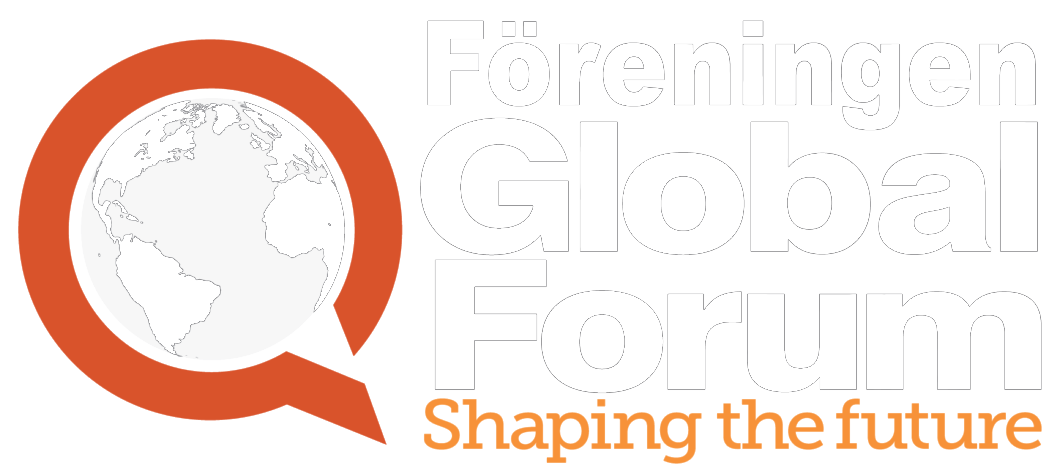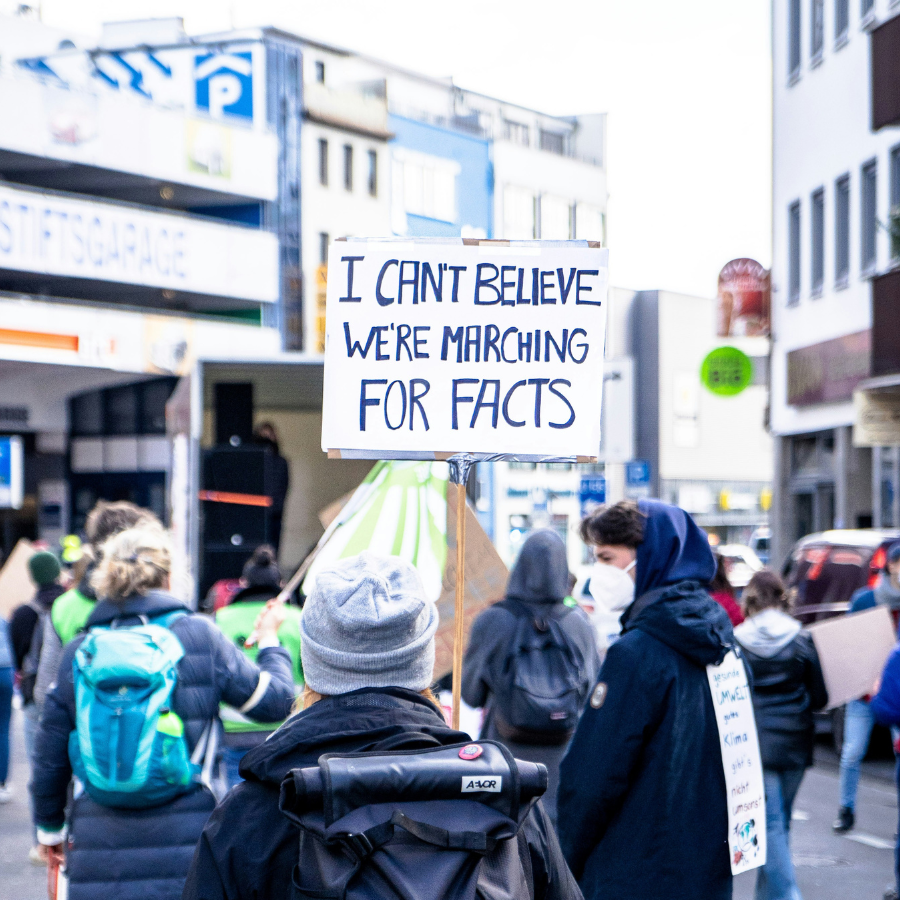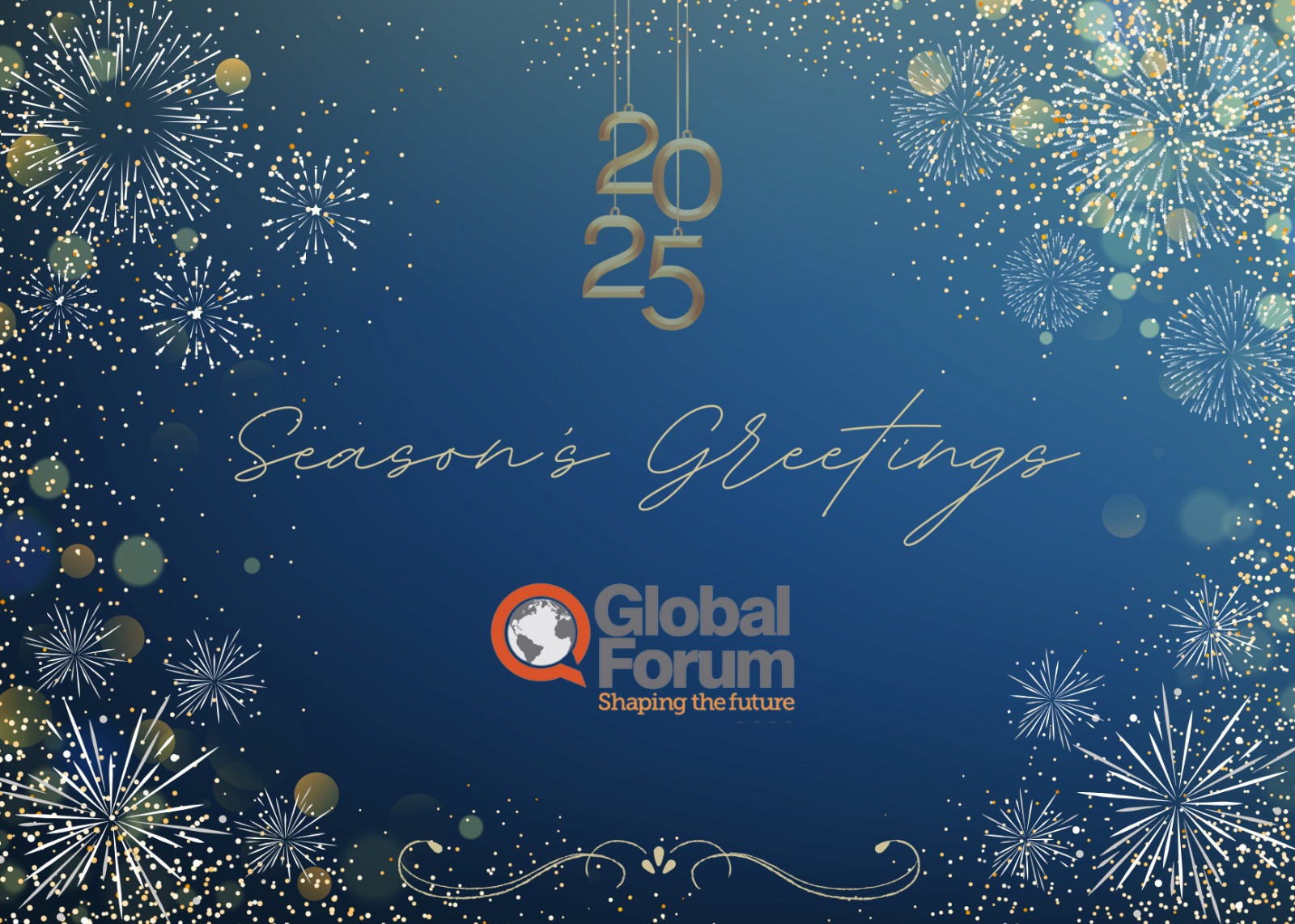Discussions on ethics for fake news and social media initiated at the Global Forum ABM
Following lively discussions around the organisation of this year’s Global Forum onsite event, a debate about the necessity to progress guidelines on ethics for fake news and social media has been added to the Global Forum Board Meeting on 8 February 2024.
Social media are interactive communication channels used by billions of users worldwide. Social media are also a primary source of information for many of them. In this context, the proliferation of fake news and misinformation on social media has significant ethical implications. False information and disinformation can have profound and far-reaching effects on the real world, impacting individuals, communities, and entire societies.
Malign influence operations undermine the integrity of elections and cause voters to lose faith in democratic processes. In its “Report on FIMI Threats” from January 2024, the European External Action Service detected, investigated and encoded 750 cases of detected Foreign Information Manipulation and Interference incidents between 1 December 2022 and 30 November 2023.
Fake news is increasingly used to influence public opinion and manipulate electoral outcomes. Misleading or false information about candidates or policies can distort democratic processes. In this context, the dissemination of false information and disinformation is one of the most important ethical problems, and the lack of ethical guidelines to prevent and combat fake news requires concrete action. It’s against this backdrop that the Global Forum Board Meeting has been conducting discussions on advancing guidelines, standards, and principles on ethics for fake news and social media. This discussion will continue in the future and holds a significant place among the key topics of the Global Forum.





